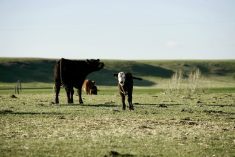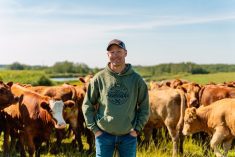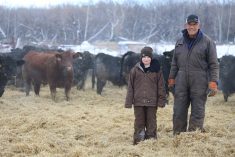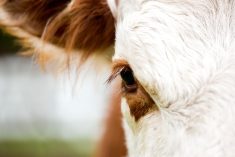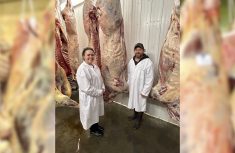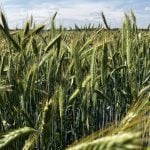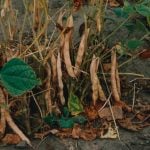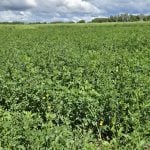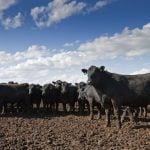It’s been over 10 years since the Canadian Roundtable for Sustainable Beef was established, and though the roundtable has made progress, it has also run into challenges. While producer uptake in the program was strong at the start, it has petered off, causing concern.
The roundtable’s goal is to encourage sustainable beef production in Canada, across the value chain. This goal is rooted in science and involves contributions from all parts of the supply chain and beyond. The roundtable has four main aspects: benchmarking and goals, certification, projects and initiatives, and communications and engagement. Currently, its main challenge is producer certification.
Challenges
Read Also
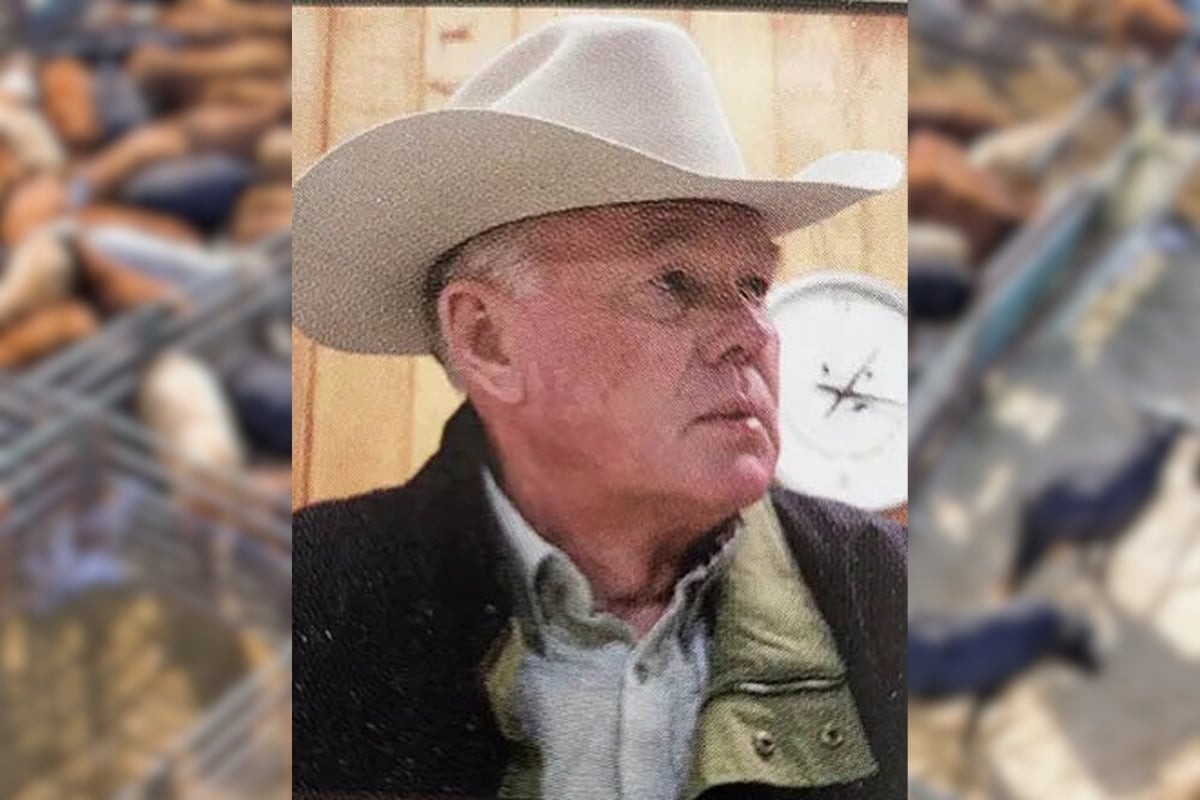
Condolences to Dennis Johnston’s loved ones on his passing
Dennis Harry Johnston of Johnston Angus at Conquest, Sask., passed away on June 6, 2025, with family by his side….
The day before the official start of the Saskatchewan Beef Industry Conference in January 2025, the Canadian Roundtable for Sustainable Beef held a session in the lobby of the Saskatchewan Inn and Conference Centre in Saskatoon. Board members wanted to hear what the roundtable could do better and answer questions about certification.
“It seems like at the start everybody was excited, and there was momentum,” says Ryan Beierbach, chair of the roundtable. Now that the organization is a little more mature, it’s about trying to get out where farmers and ranchers are, he adds.
On the food service side, the opposite is true — there is more demand than the roundtable can meet. More and more retailers and restaurants would like to carry certified beef, and customers have expressed interest, too.
“So, they’d like to see more producers sign up to help deal with the supply issue. But we haven’t figured out how to get enough supply to meet what the retailers are looking for.”
Funding is less of an issue for the roundtable. Currently, most of their funding comes from their member organizations, such as provincial cattle groups and the Canadian Cattle Association. The roundtable did increase membership fees to 10 per cent this year to keep up with inflation. The organization also receives government funding.
“We’ve got enough funding right now, but as we move forward, ideally we’d see the certified sustainable volume grow, and that would give us more money so that we can use that,” Beierbach says.
“The idea would be, (producers) see value in it and talk to their friends and say, ‘This program is working well because I’m getting paid and it also tells the good-news story about Canadian beef.’”
At the Saskatchewan Beef Industry Conference, board members said there is currently no concrete plan for how they will become self-sufficient, but it is a priority.
The audit
The Canadian Roundtable for Sustainable Beef relies on third parties to conduct audits and certify an operation. The audit ensures the operation meets sustainability standards based upon five principles. These principles include natural resources, people and community, food safety and quality, animal health and welfare, and efficiency and innovation.
Certification is done on a five-year cycle. Using Canada’s RFID traceability system, cattle are traced through the supply chain. Food service distributors, retailers and restaurants can source beef that meets the roundtable’s requirements and market qualifying beef with a “CRSB Certified” logo and claim.
However, the audit can be a barrier. Hearing an audit is required can give some farmers and ranchers cold feet. Others balk at the cost.
There are programs at the provincial level that will reimburse producers for at least some of their audit costs.
Producers may run into issues when tracking cattle through the Canadian Cattle Identification Agency, and Beierbach says they should make sure they check the box that allows tracking. Producers can track their cattle through the agency’s website and contact the agency if there’s an issue.
“In a lot of cases, I talked to producers that are frustrated because they haven’t gotten through the supply chain, and there’s a good chance that that’s because they maybe missed a step or something happened that the information didn’t go through.”
Incentives
The roundtable is working to get more producers involved, with board members going to meetings and events, as well as ensuring producers know how to become certified and what the benefits may be.
There are many incentives available to help sway producers toward becoming certified.
Farm Credit Canada has a sustainability incentive program for producers who have loans with the organization. Customers who are certified through Verified Beef Production Plus, Ontario Corn Fed Beef or Where Food Comes from Canada can receive up to $2,000. Cargill also has an incentive program.
The roundtable currently collects three cents a pound on certified beef. Beierbach says they want to put that toward another producer incentive starting in 2026. The roundtable is also planning a marketing campaign to share some of the Canadian beef industry’s success with the Canadian public, he adds.
Opportunity to connect
With the high demand for certified sustainable beef, Beierbach sees an opportunity to connect with the consumer.
“We’ve got retailers and food service that want to pay for the product and use it to help us tell our story and talk about the good things we’re doing,” he says, adding there’s an opportunity to improve people’s perceptions of beef.
“What I think producers miss a lot of the time is it allows us to kind of push back when somebody or an organization says that beef is damaging the environment, or you need vegetarian diets to help save the planet,” Beierbach says. “This is where we can talk about the good things that the beef industry is doing, and we have organizations from outside of the supply chain that really add credibility.”
But without supply to meet customer demand, it is harder to tell that story.
Beierbach encourages farmers and ranchers to look into certification. He says there are a lot of benefits for everyone involved.
“It shows that we’re leading on the sustainability side, and the producers are doing good work so consumers can feel good about eating Canadian beef.”
– Melissa Jeffers-Bezan is a field editor for Canadian Cattlemen and a graduate of the University of Regina School of Journalism. She grew up on a commercial cattle farm in western Manitoba, and is now based out of Regina.





